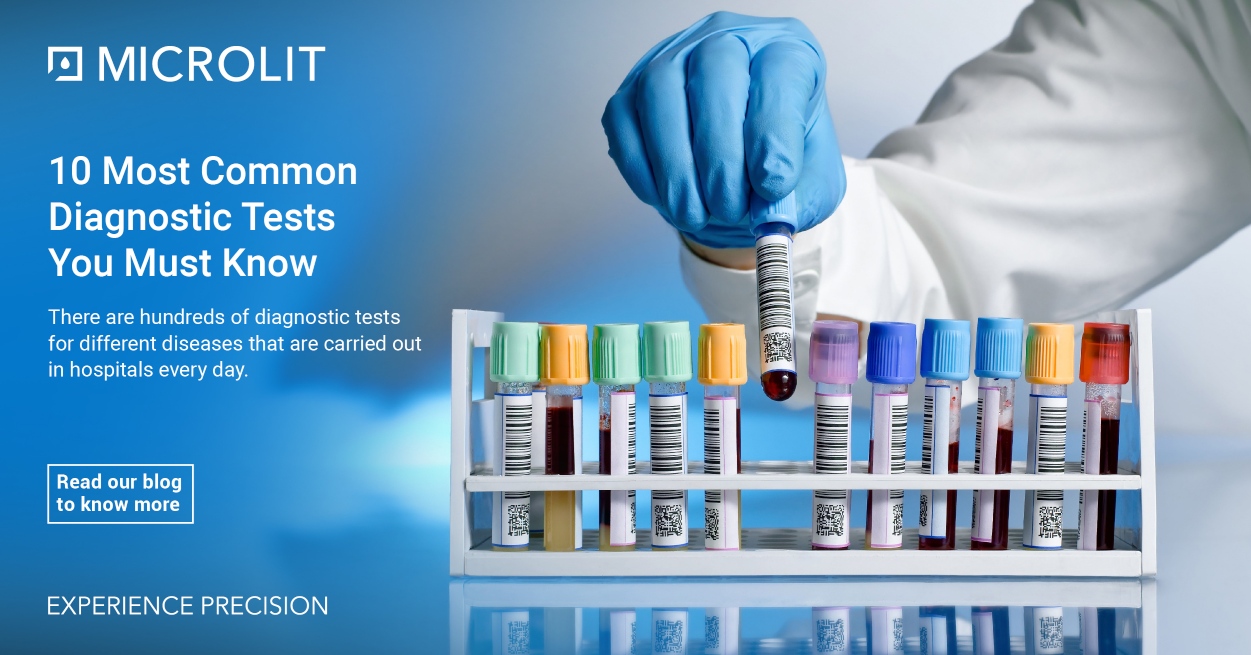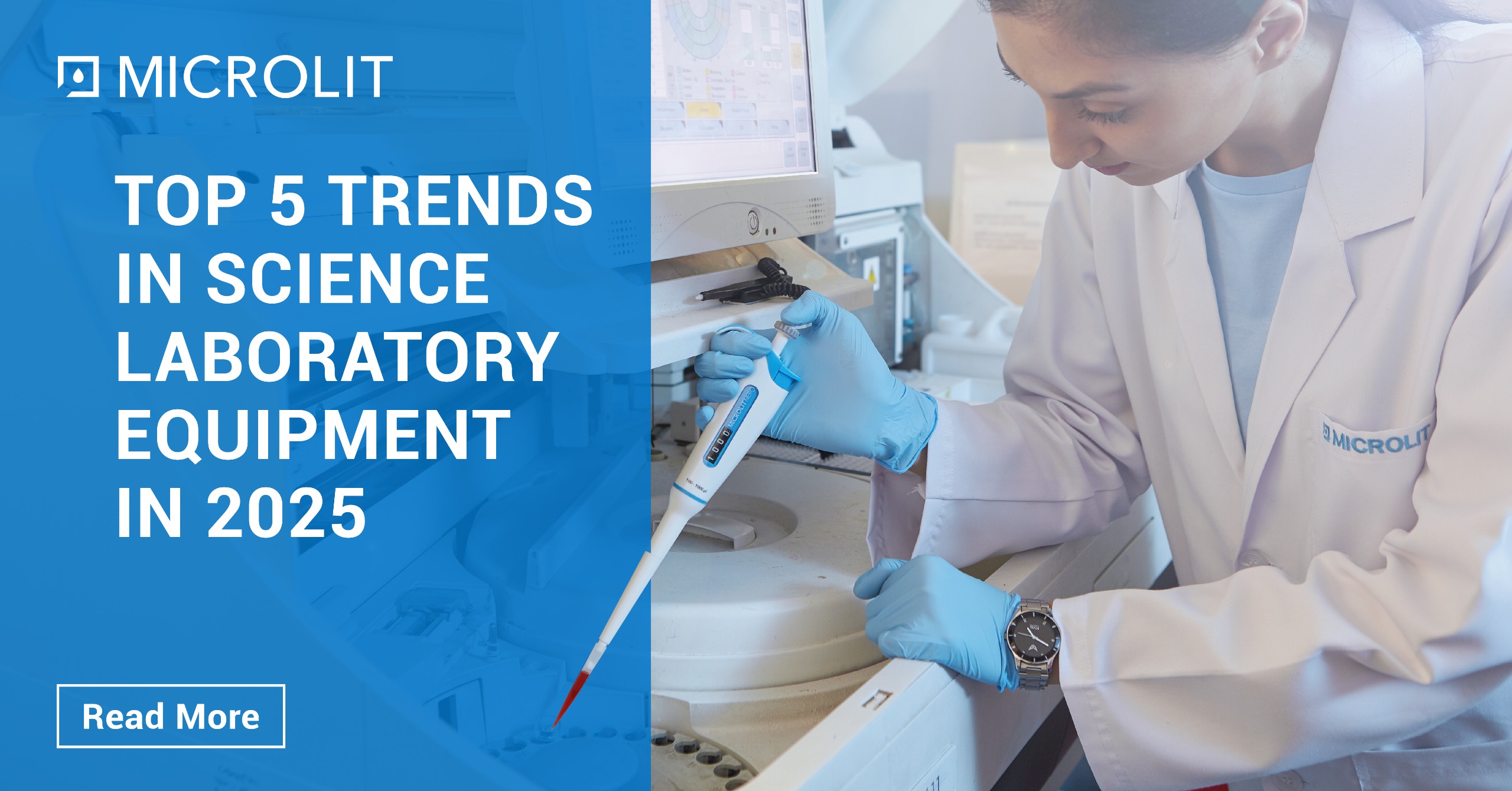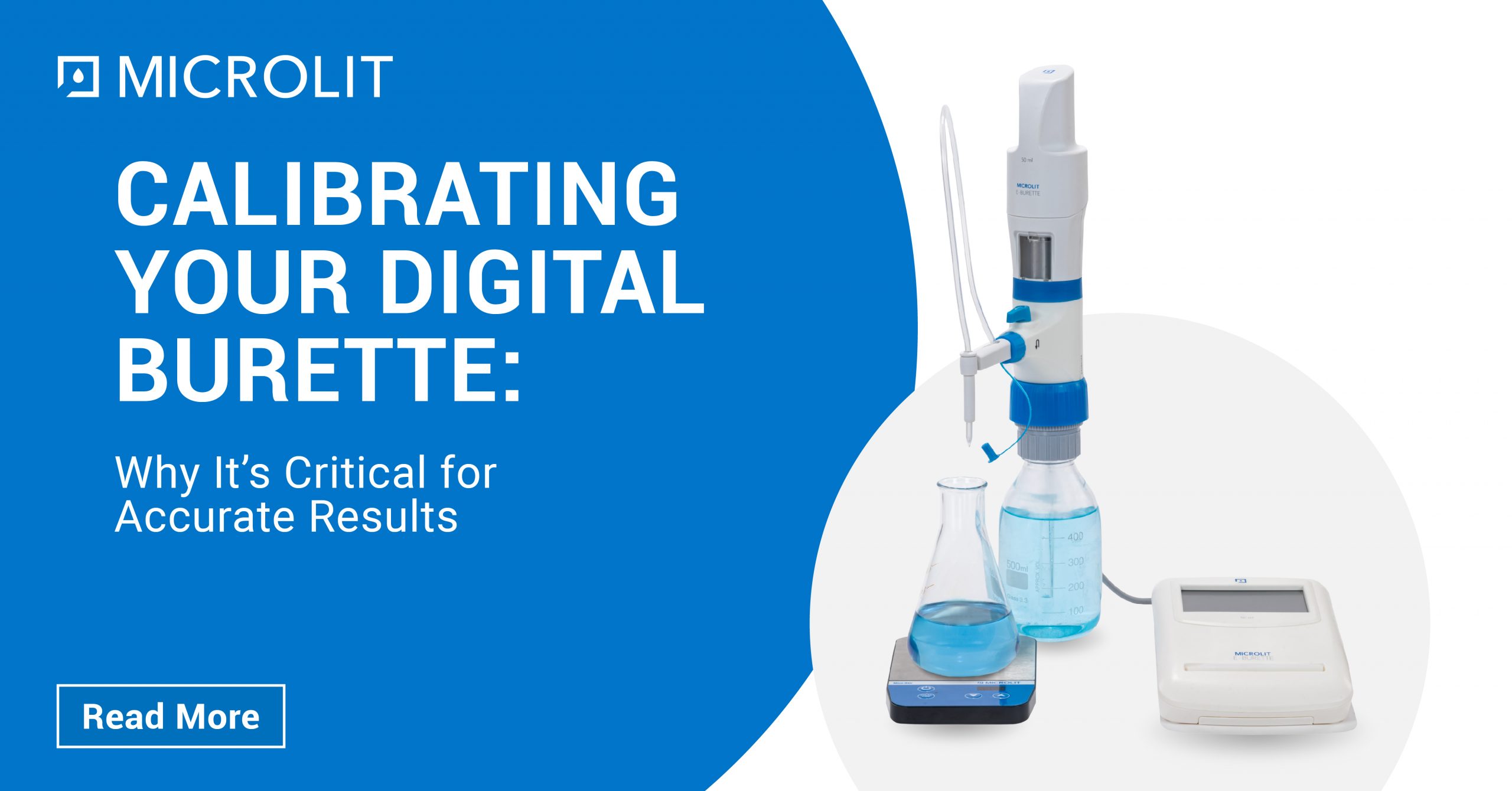10 Most Common Diagnostic Tests You Must Know
- November 24, 2021
- ENQUIRE NOW

What are Diagnostic Tests?
A diagnostic test is a standard test designed to identify the cause behind the prevailing symptoms of the disease. This test may also be used for various purposes, such as identifying strengths and weaknesses. For instance, if anyone faces difficulty hearing or reading, they may undergo diagnostic tests to determine the cause.
Types of Diagnostic Tests
There are various types of diagnostic tests. Some of them are:
- Biopsy
- Colonoscopy
- CT scan
- CT scans and radiation exposure in children and young people
- Electrocardiogram
- Electroencephalogram
- Gastroscopy
- Eye tests
- Hearing test
- MRI scan
- PET scan
- Ultrasound
- X-rays
10 Most Common Diagnostic Tests
Diagnostic tests are performed to detect and confirm the presence or absence of a particular disease or any other health issue that might require medical assistance. There are hundreds of diagnostic tests for different diseases that are carried out in hospitals every day. Some of these tests may require simple tools, while some, like MRI’s, CT scans and so on, are carried out using advanced apparatus.
Out of the many below, we have listed out 10 most common diagnostic tests available. Let’s have a look-
- Amylase Test
Amylase test is one of the most common tests that doctors recommend during regular checkups. The test is done to identify the presence of acute pancreatitis, kidney disorder or problems related to the digestive system. The test is undertaken by collecting the patient’s blood samples followed by a urine test.

- ANA (Antinuclear Antibody)
ANA is mainly recommended for detecting and confirming the presence of antinuclear antibodies in the blood cells. If the healthcare expert suspects the conditions of rheumatoid arthritis, scleroderma or lupus, the ANA diagnostic test is ordered.
- CT Scans
Computerised Tomography Scans, popularly known as CT scan, is an advanced version of X-rays, as it is similar but much more detailed. This test helps in the assessment of internal injuries or fractures. There are various types of CT scans, including:
1. Chest CT scan
2. Spinal CT scan
3. Cranial or head CT scan
4. Orbit CT scan
5. Abdominal or Pelvic CT scan
Various Blood Sugar Tests
Another common diagnostic test that doctors usually recommend during regular checkups or if they spot apparent symptoms is the blood sugar test. Depending upon the results, the doctor can take further action.
Hemoglobin A1C Test
The Hemoglobin A1C test or HbA1c measures your average blood sugar level over the past 2 or 3 months. An A1C below 5.7% is normal, between 5.7 and 6.4% indicates you have prediabetes, and 6.5% or higher indicates you have diabetes.
Fasting Blood Sugar Test

This measures your blood sugar after an overnight fast (not eating). A fasting blood sugar level of 99 mg/dL or lower is normal, 100 to 125 mg/dL indicates you have prediabetes, and 126 mg/dL or higher indicates you have diabetes.
Glucose Tolerance Test
This measures your blood sugar before and after you drink a liquid that contains glucose. You’ll fast (not eat) overnight before the test and have your blood drawn to determine your fasting blood sugar level. Then you’ll drink the liquid and have your blood sugar level checked 1 hour, 2 hours, and possibly 3 hours afterward. At 2 hours, a blood sugar level of 140 mg/dL or lower is considered normal, 140 to 199 mg/dL indicates you have prediabetes, and 200 mg/dL or higher indicates you have diabetes.
Random Blood Sugar Test
This measures your blood sugar at the time you’re tested. You can take this test at any time and don’t need to fast (not eat) first. A blood sugar level of 200 mg/dL or higher indicates you have diabetes.
- CRP (C – Reactive Protein)
CRP test or C- Reactive protein test is a blood test that is performed to monitor the presence of CRP components within the human body. Medical experts usually recommend this test to detect infection, kidney troubles, arthritis problems and pancreatic issues. High CRP levels sometimes lead to heart attacks.
- CBC (Complete Blood Count)
As the name suggests, the complete blood count is a common type of blood test performed to evaluate the number of health issues in the human body. Top reasons why this diagnostic test is conducted:
1. General health evaluation
2. Knowing reasons behind specific symptoms
3. Bodily response to medical treatments
MRI Scans

Magnetic Resonance Imaging, also known as MRI, is an advanced medical process that uses magnetic and radio waves to examine internal organs and tissues in the human body. Most of the time, this process is termed as a last resort to spot abnormalities. Below are the common areas where MRI scans are used as an advanced method to diagnose related abnormalities:
1. Abdomen MRI Scans
2. Pelvic MRI Scans
3. Cardiac MRI Scans
4. Bone and Joint MRI scans
5. Brain MRI Scans
6. Spine MRI
PET Scans
In order to monitor and diagnose internal organs and issues, the PET scan or Positron Emission Tomography is conducted. This process is an imaging test that helps determine the internal organs’ metabolic activities. The PET scan helps monitor oxygen used, blood flow, and so on. Apart from this, it also helps in the diagnosis of various life-threatening diseases such as:
1. Brain Tumors
2. Memory Disorders
3. Cancer
4. Seizures
5. Heart Problems
- CMP
The comprehensive metabolic panel (CMP) comprises of 14 different blood tests that gives the current status of a person’s metabolism. It gives information about kidney function, liver function, levels of electrolytes, acid/base balance, level of blood glucose and blood proteins.
A CMP is done to learn information about the levels of Glucose, Calcium, Electrolytes, Blood Urea Nitrogen(BUN) and creatinine, Albumin and globulin, Alkaline phosphatase (ALP), alanine aminotransferase (ALT), and aspartate aminotransferase (AST), Bilirubin.
- Thyroid Function Test – TSH, T3 And T4

A thyroid function test includes a group of tests undertaken to confirm the healthy functioning of the thyroid glands. The test helps to confirm the conditions like hypothyroidism, hyperthyroidism, thyroid suppression, atrial fibrillation, anxiety disorders and so on.
Conclusion
Medical experts believe 70% of health treatment processes are useful only after proper diagnosis. Thus, if you spot any minor symptoms that might reflect severe health complications, get yourself diagnosed immediately! To know more about our products, email us at info@microlit.com or visit our website www.microlit.com.





